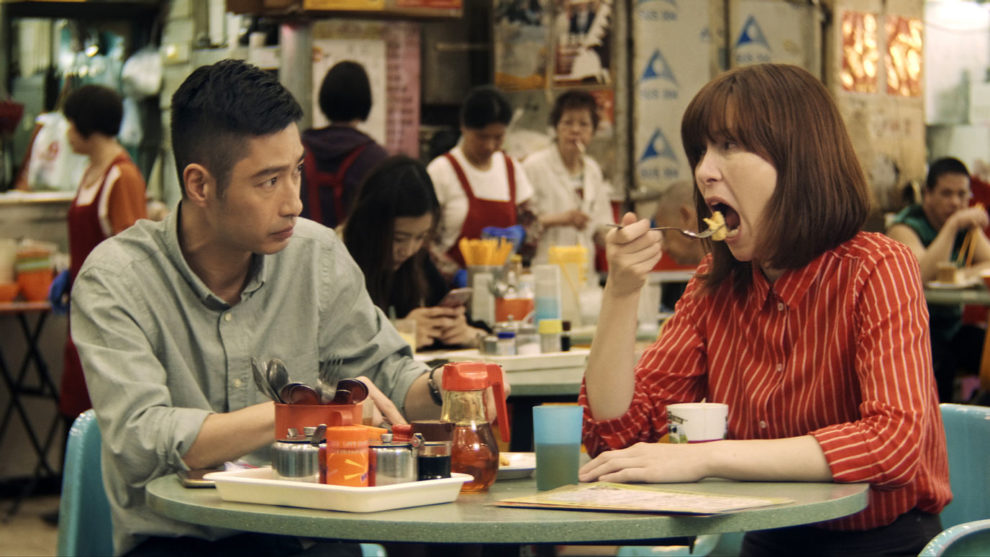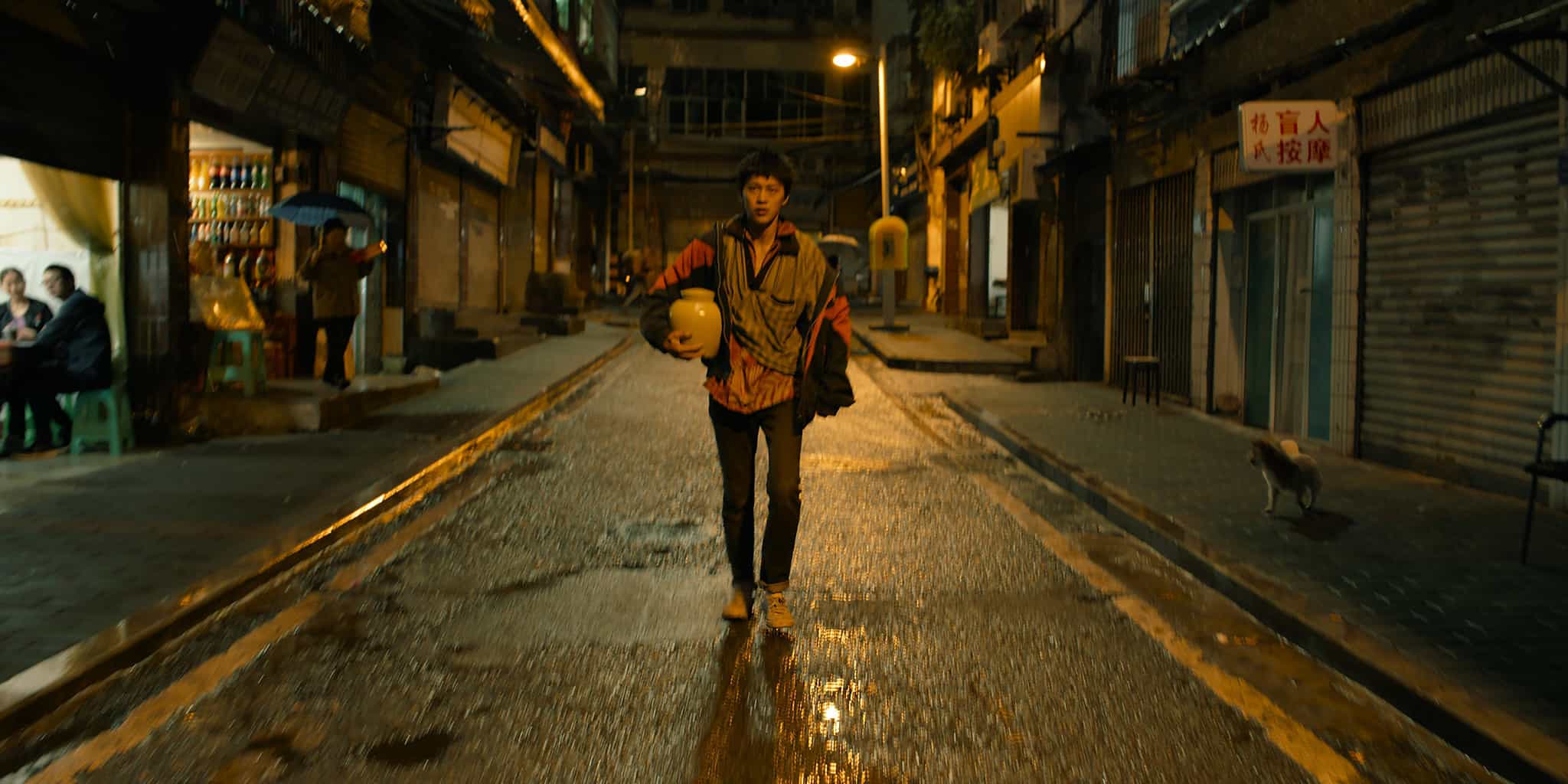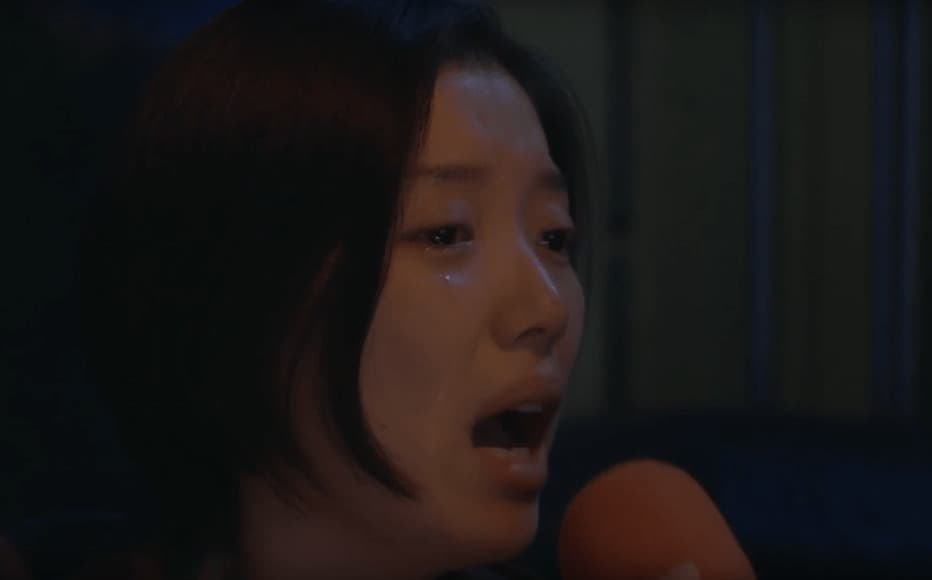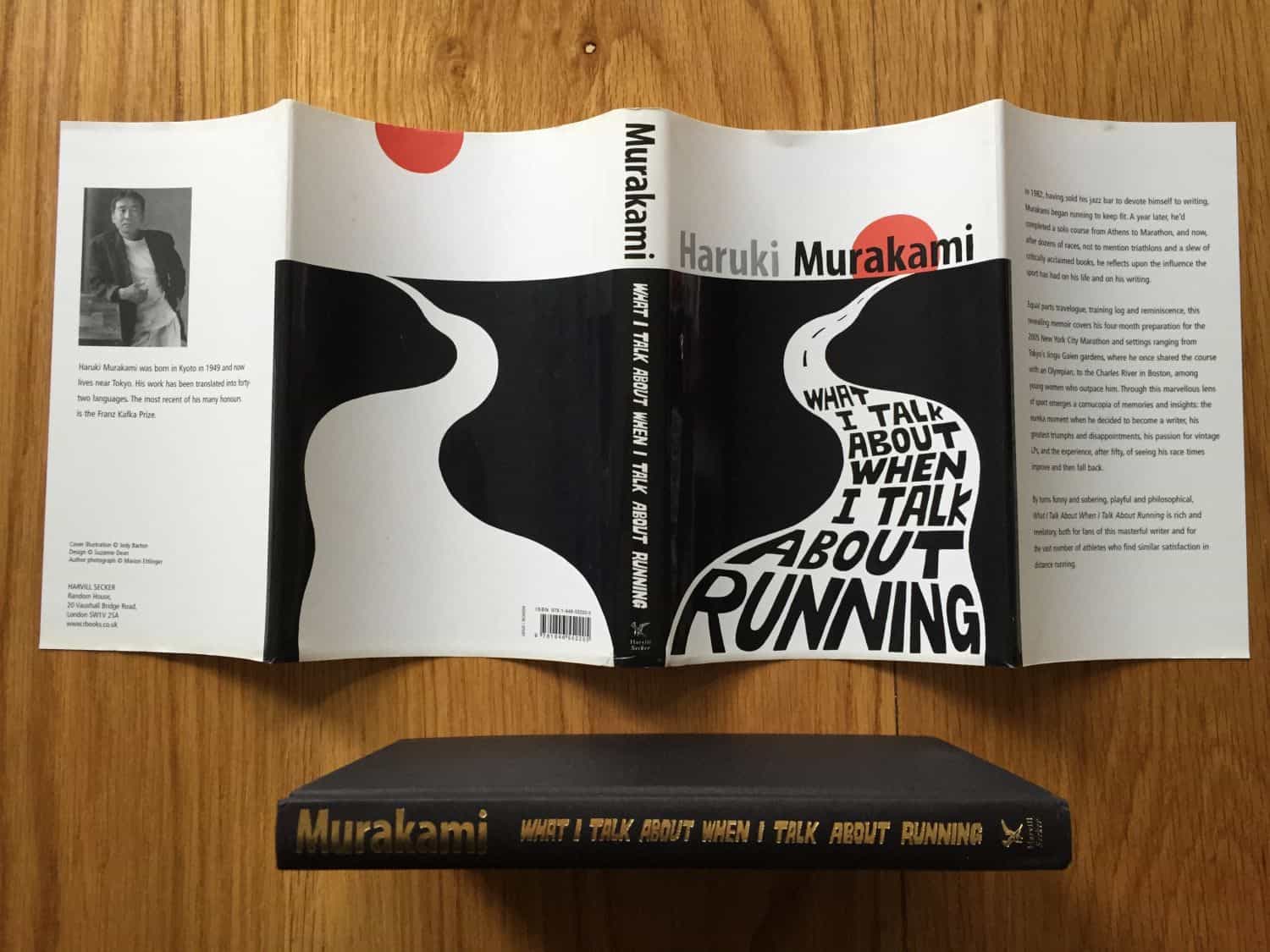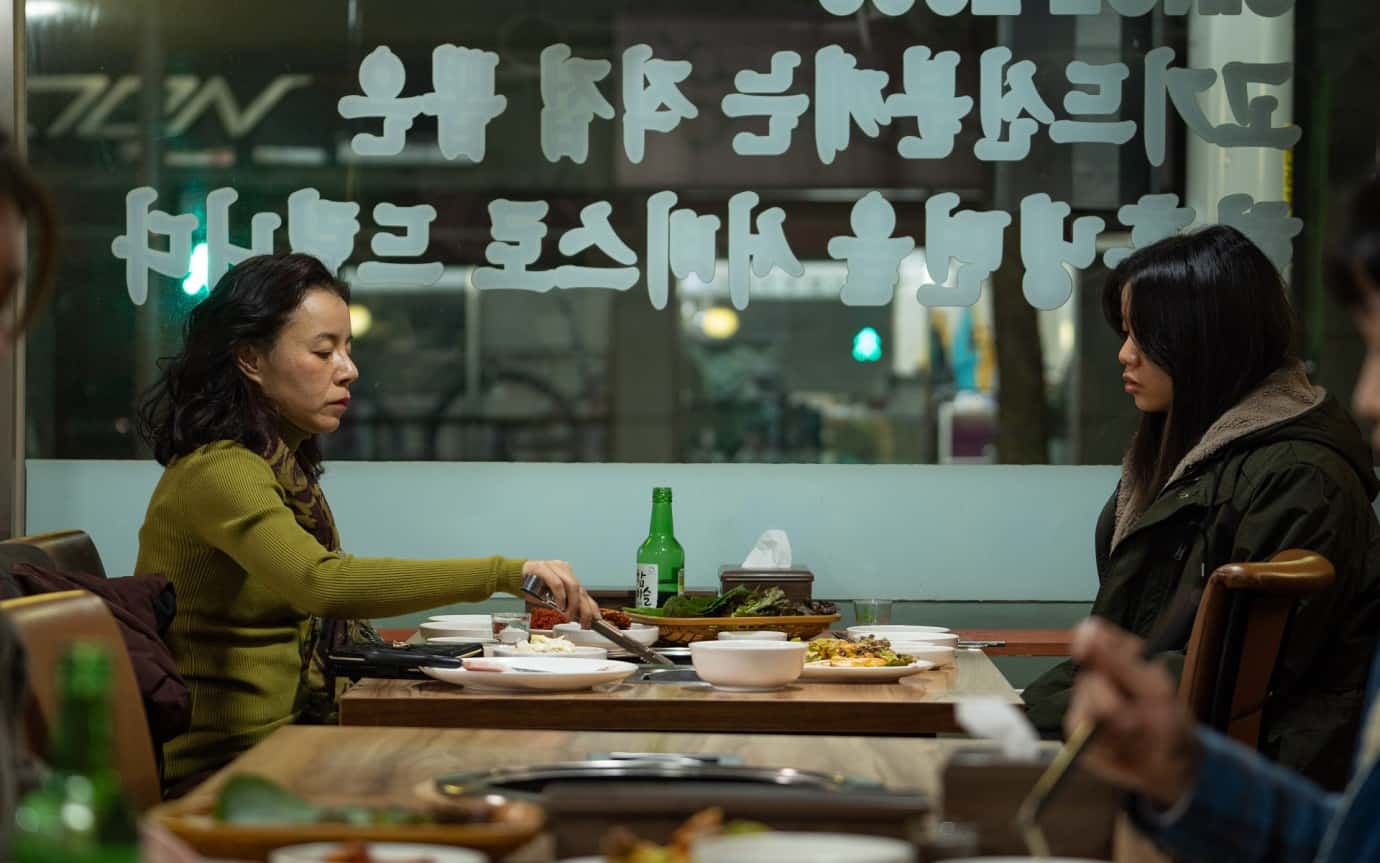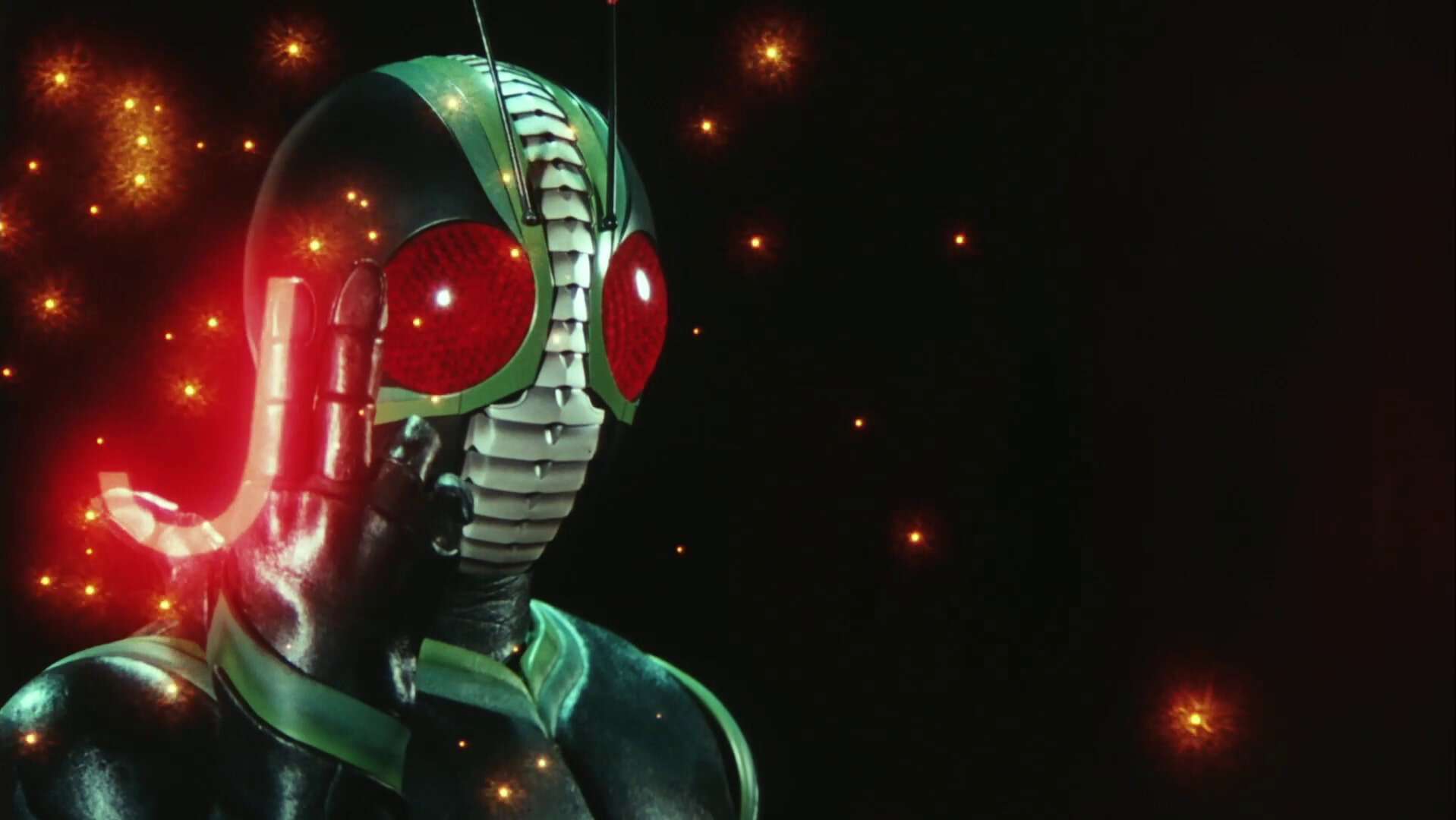If you want to get an impression about a nations culture, its society and politics, as well as the changes these aspects have gone through, a closer look at the urban landscape, its architecture and its people can certainly provide a huge part of the answer. Although gentrification and globalization have done their fair share of diminishing the uniqueness of many cities, especially the capitals of the world, there are still traces of the past and the present to be found in the streets of a city, which might indicate what the future holds in store. In the past years the city of Hong Kong, after the huge wave of protests in recent history, has been through massive social and political shifts, highlighting the unrest of the people, especially the young, but it has also been through other developments which have set their mark on the city's structure. In their feature “Memories to Choke On, Drinks to Wash Them Down” directors Leung Ming-kai and Kate Reilly unite three episodes, three fictional stories and one documentary emphasizing the various facets of Hong Kong, its inhabitants and culture.
“Memories to Choke On, Drinks to Wash Them Down” is streaming on Focus Hong Kong

In the first segment, we meet an Indonesian caretaker named Mia (Mia Mungil) who has to take care of a grandmother (Cheok Mei Leong) suffering from dementia. While she repeats old stories to her, about her son's childhood and about his promotion, she is also determined to join old friends of hers for a gathering since they all come from the same village and are all refugees. Even though she does not like the idea of being scolded by her employer, she agrees to take her client to the station where the meeting should take place. Their story is followed by the second segment titled “Toy Stories” which sees two brothers (Zeno Koo and Lam Yiu-Sing) visiting the toy shop of their mother who has decided to sell the store. While the older one (Yiu-Sing) seems content with the idea of selling, despite him being overwhelmed by memories of the good times they had in the store, his brother is rather unhappy and admits he would have liked to take over for their mother.
Subscribe to AMP newsletter by clicking on the image below

The third fictional entry follows the story of two teachers, Ruth (Kate Reilly) and John (Gregory Wong). Since she does not know much about the city of Hong Kong, its local cuisine and culture, John offers himself as a guide through her stay in the metropolis, showing her where to eat good food and where to hang out. However, their encounter may or may not develop into something more over their various meals and talks about their philosophy on life and teaching. In the final segment, we find the only documentary episode which follows Jessica Lam, a young student who ran for a seat in the city council in 2019, during her election campaign.
Although the blend of documentary and fictional episodes sounds quite risky, Reilly and Ming-kai manage to tackle quiet a few of the aspects which define the city of Hong Kong and its people. Varying between serious and more comedic tones, the four segments deliver a plethora of different impressions, ranging from Hong Kong cuisine and politics, to its relationship with the past and also the chasm between the young and the old generation, which became more than obvious during the 2019 protests. While the memories and anecdotes of the two brothers in “Toy Stories” shed some light on the shifting face of the city, focusing on its storefronts which the characters pass by on their way as well as a younger generation who may or may not be willing to live a similar life than their parents. Segments like the first one titled “Forbidden City” and especially “Yuen Yueng”, which is the title of the third episode, add other layers to the general narrative of the city, emphasizing how it changes (and has changed) via Western influence and how it is a melting pot of other cultures, who are forced to flee their home for various reasons, finding a safe harbor in Hong Kong.
At the same time, the sudden shift to the territory of documentary, tonally and formally, may not sit well with many audiences, and also has its flaws. While there is no denying the story of Jessica Lam, her statements and what she stands for, indeed represent an important factor of the shifting face of the city, but the segment does not work well with the other three, making it stand apart rather than being a part of a larger narrative.
In the end, “Memories to Choke On, Drink to Wash Them Down” is an interesting omnibus which highlights the changing structure of Hong Kong, its various cultures and influences. Even though the last segment, due to its shift in format, stands apart among the four episodes, Leung Ming-kai and Kate Reilly nevertheless deliver on their premise, showing moments of contemplation and comedy.


